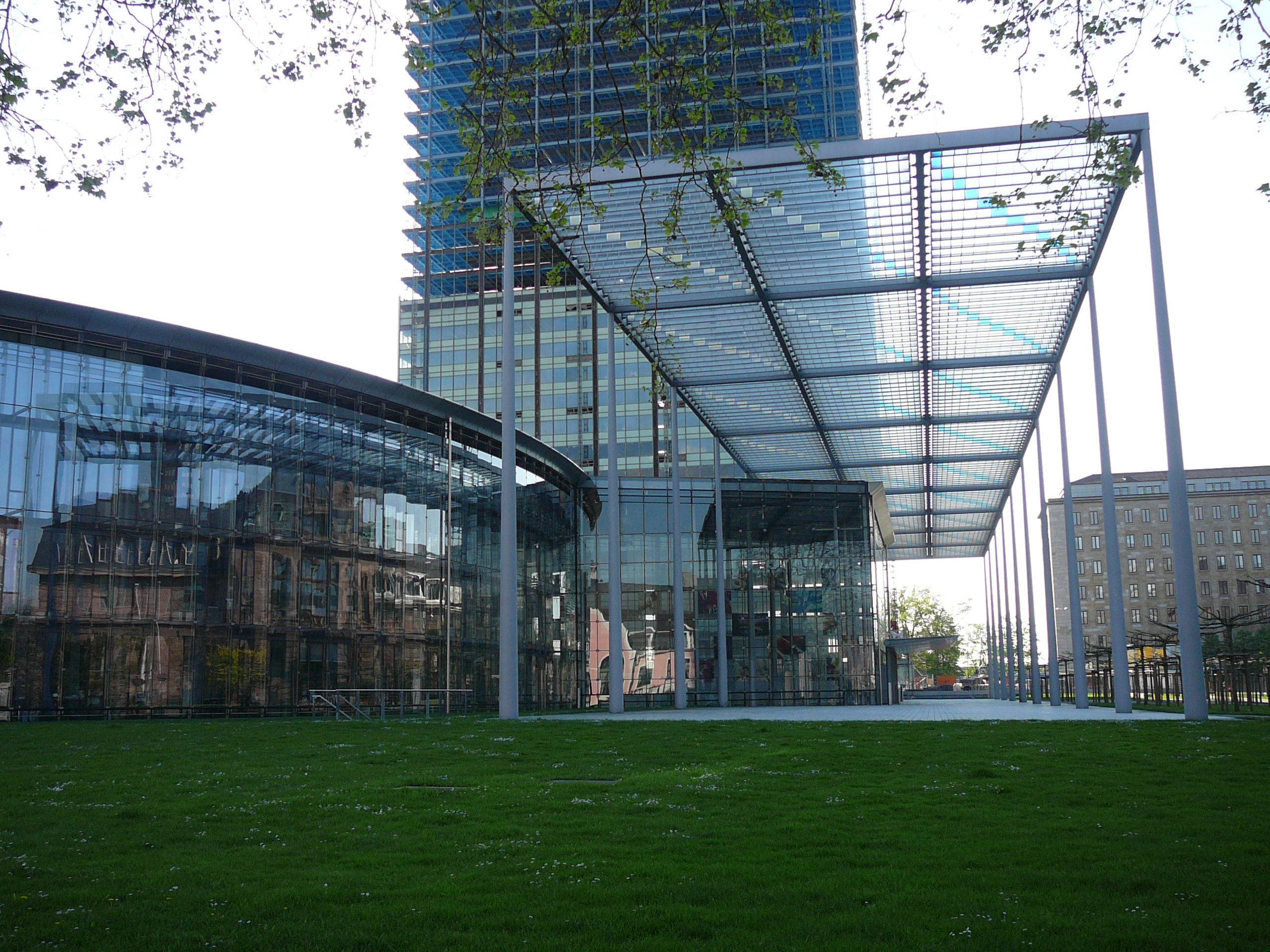Suggested Topics within your search.
Suggested Topics within your search.
interiéry
2
Exclude matching results
podnikanie
2
Exclude matching results
poľnohospodárska technika
2
Exclude matching results
rodinné domy
2
Exclude matching results
úspech v podnikaní
2
Exclude matching results
C# (programovací jazyk)
1
Exclude matching results
algoritmy
1
Exclude matching results
alpine hiking
1
Exclude matching results
betón
1
Exclude matching results
choroby
1
Exclude matching results
cultural history
1
Exclude matching results
dejiny opery
1
Exclude matching results
dentálna hygiena
1
Exclude matching results
description and travel
1
Exclude matching results
divadelní režiséri
1
Exclude matching results
divadlo
1
Exclude matching results
drogy
1
Exclude matching results
geoinformatika
1
Exclude matching results
history of opera
1
Exclude matching results
hudba
1
Exclude matching results
hudobná historiografia
1
Exclude matching results
hudobná kritika
1
Exclude matching results
katastrofy
1
Exclude matching results
klinická patológia
1
Exclude matching results
kultúrne dejiny
1
Exclude matching results
marihuana
1
Exclude matching results
metro
1
Exclude matching results
music
1
Exclude matching results
music historiography
1
Exclude matching results
musical criticism
1
Exclude matching results
Bayer
 Bayer AG (English: , commonly pronounced ; ) is a German multinational pharmaceutical and biotechnology company and is one of the largest pharmaceutical companies and biomedical companies in the world. Headquartered in Leverkusen, Bayer's areas of business include: pharmaceuticals, consumer healthcare products, agricultural chemicals, seeds and biotechnology products. The company is a component of the EURO STOXX 50 stock market index.
Bayer AG (English: , commonly pronounced ; ) is a German multinational pharmaceutical and biotechnology company and is one of the largest pharmaceutical companies and biomedical companies in the world. Headquartered in Leverkusen, Bayer's areas of business include: pharmaceuticals, consumer healthcare products, agricultural chemicals, seeds and biotechnology products. The company is a component of the EURO STOXX 50 stock market index.Bayer was founded in 1863 in Barmen as a partnership between dye salesman Friedrich Bayer (1825–1880) and dyer Friedrich Weskott (1821–1876). The company was established as a dyestuffs producer, but the versatility of aniline chemistry led Bayer to expand its business into other areas. In 1899, Bayer launched the compound acetylsalicylic acid under the trademarked name Aspirin. Aspirin is on the World Health Organization's List of Essential Medicines. In 2021, it was the 34th most commonly prescribed medication in the United States, with more than 17million prescriptions.
In 1904, Bayer received a trademark for the "Bayer Cross" logo, which was subsequently stamped onto each aspirin tablet, creating an iconic product that is still sold by Bayer. Other commonly known products initially commercialized by Bayer include heroin, phenobarbital, polyurethanes, and polycarbonates.
In 1925, Bayer merged with five other German companies to form IG Farben, creating the world's largest chemical and pharmaceutical company. The first sulfonamide and the first systemically active antibacterial drug, forerunner of antibiotics, Prontosil, was developed by a research team led by Gerhard Domagk in 1932 or 1933 at the Bayer Laboratories. Following World War II, the Allied Control Council seized IG Farben's assets because of its role in the Nazi war effort and involvement in the Holocaust, including using slave labour from concentration camps and humans for dangerous medical testing, and production of Zyklon B, a chemical used in gas chambers. In 1951, IG Farben was split into its constituent companies, and Bayer was reincorporated as Farbenfabriken Bayer AG. After the war, Bayer re-hired several former Nazis to high-level positions, including convicted Nazi war criminals found guilty at the IG Farben Trial like Fritz ter Meer. Bayer played a key role in the in post-war West Germany, quickly regaining its position as one of the world's largest chemical and pharmaceutical corporations.
In 2016, Bayer merged with the American multinational Monsanto in what was the biggest acquisition by a German company to date. However, owing to the massive financial and reputational blows caused by ongoing litigation concerning Monsanto's herbicide Roundup, the deal is considered one of the worst corporate mergers in history.
Bayer owns the Bundesliga football club Bayer Leverkusen. Provided by Wikipedia
-
1
-
2
-
3
-
4
-
5
-
6
-
7
-
8
-
9
-
10
-
11
-
12
-
13
-
14
-
15
-
16
-
17
-
18
-
19
-
20